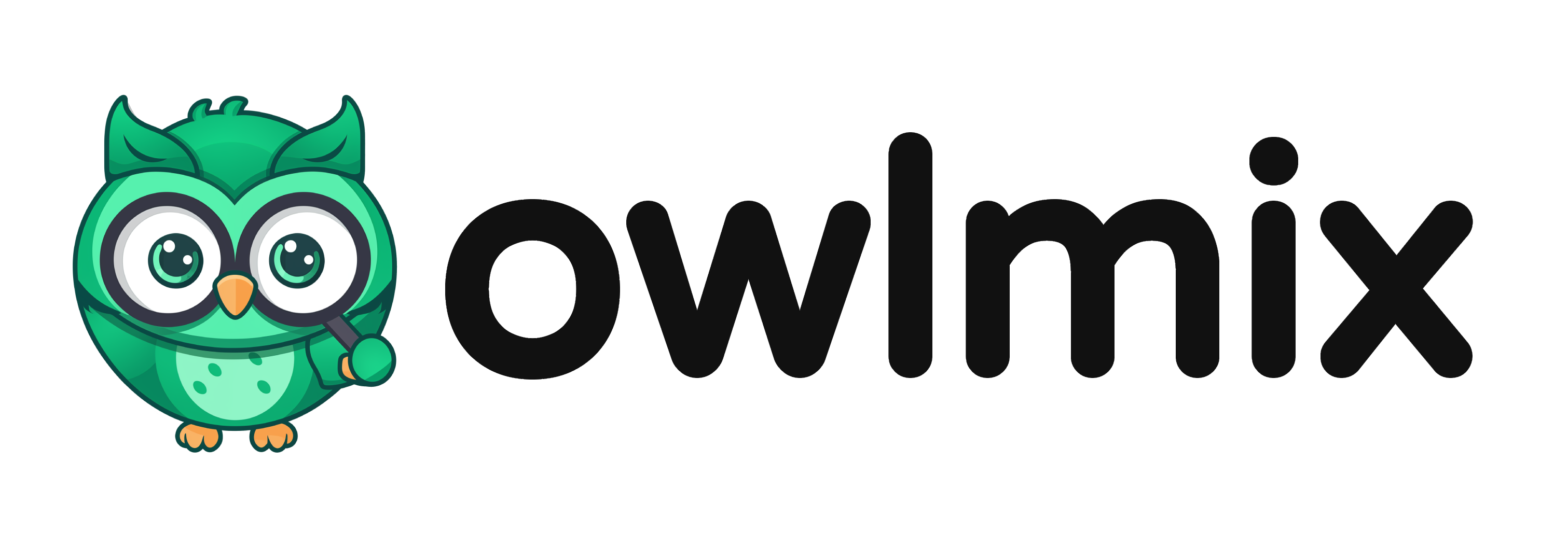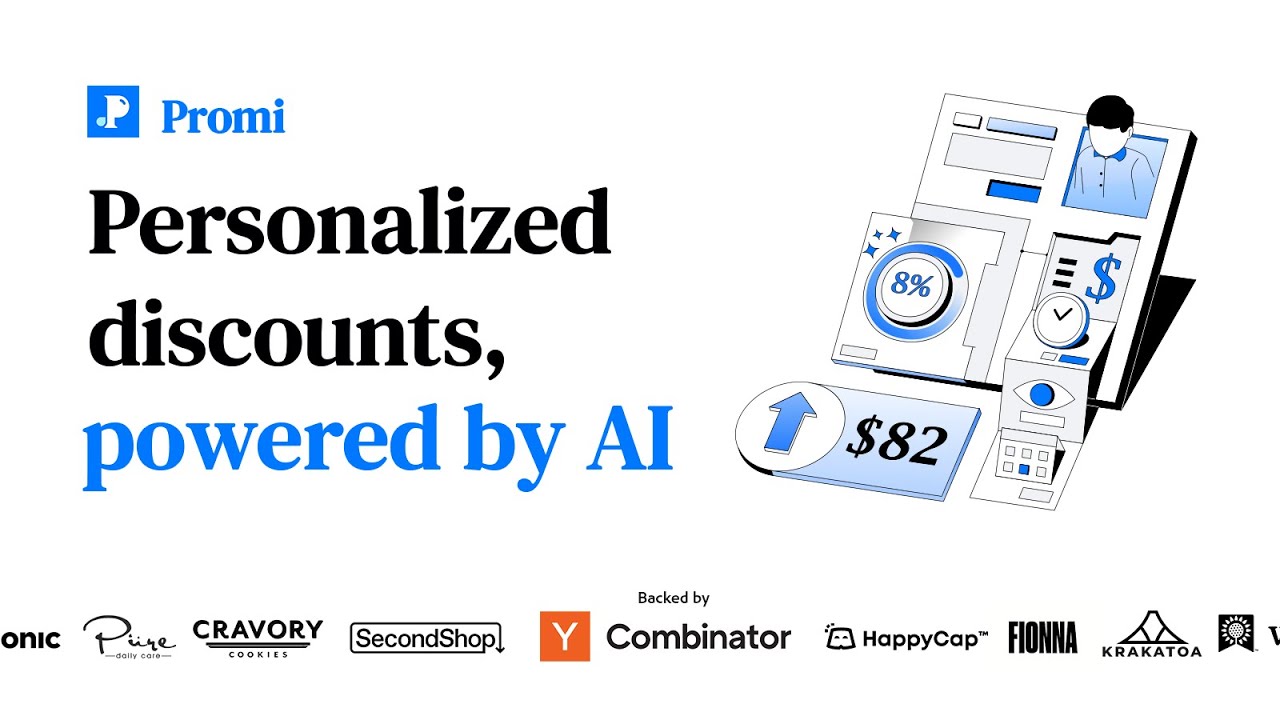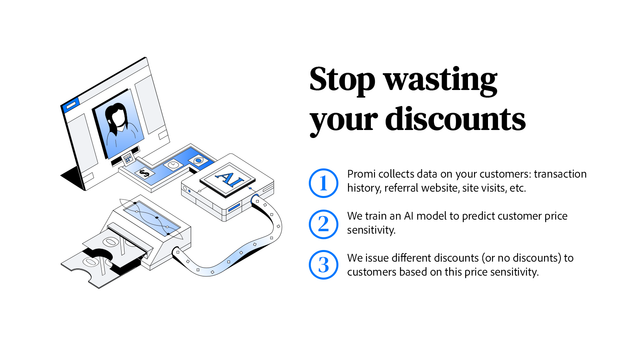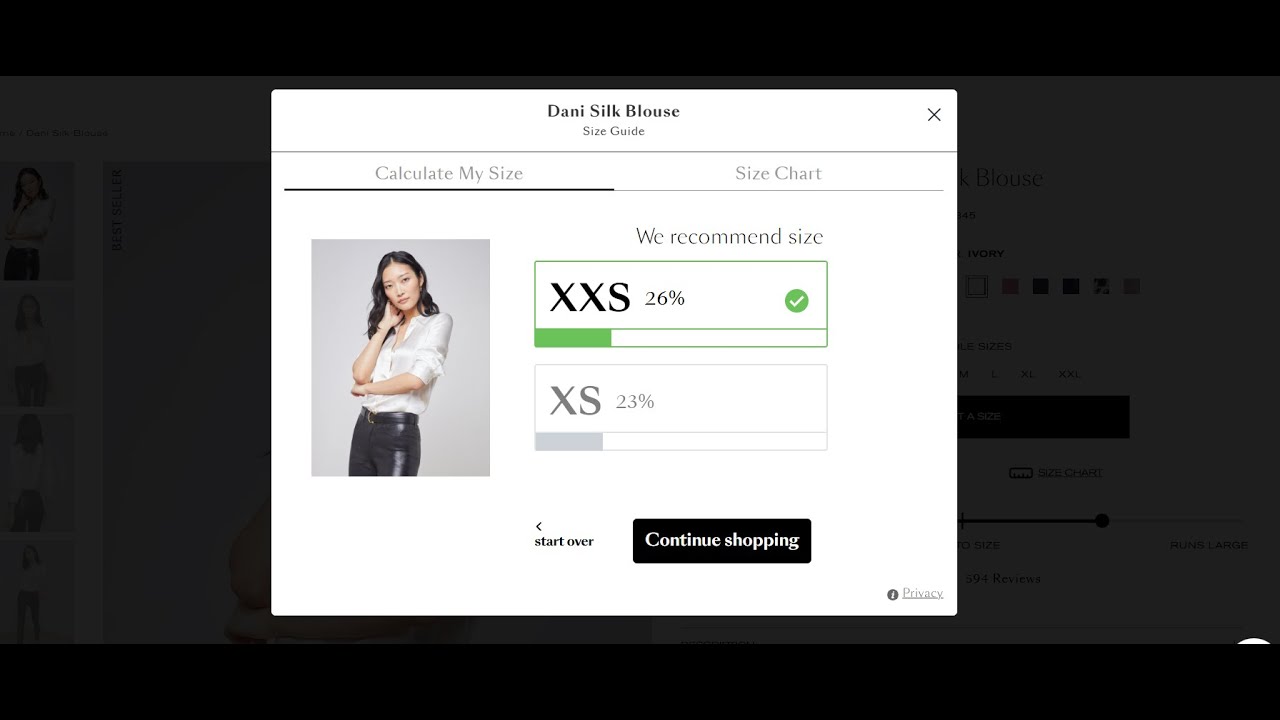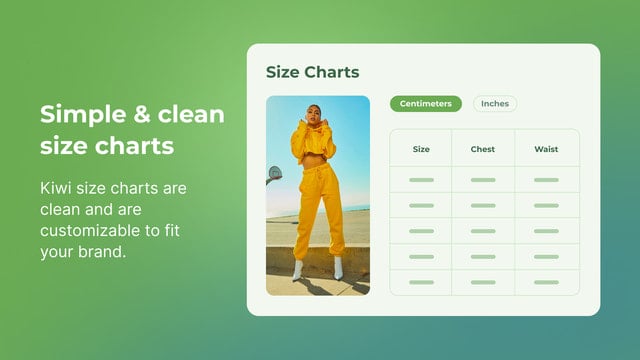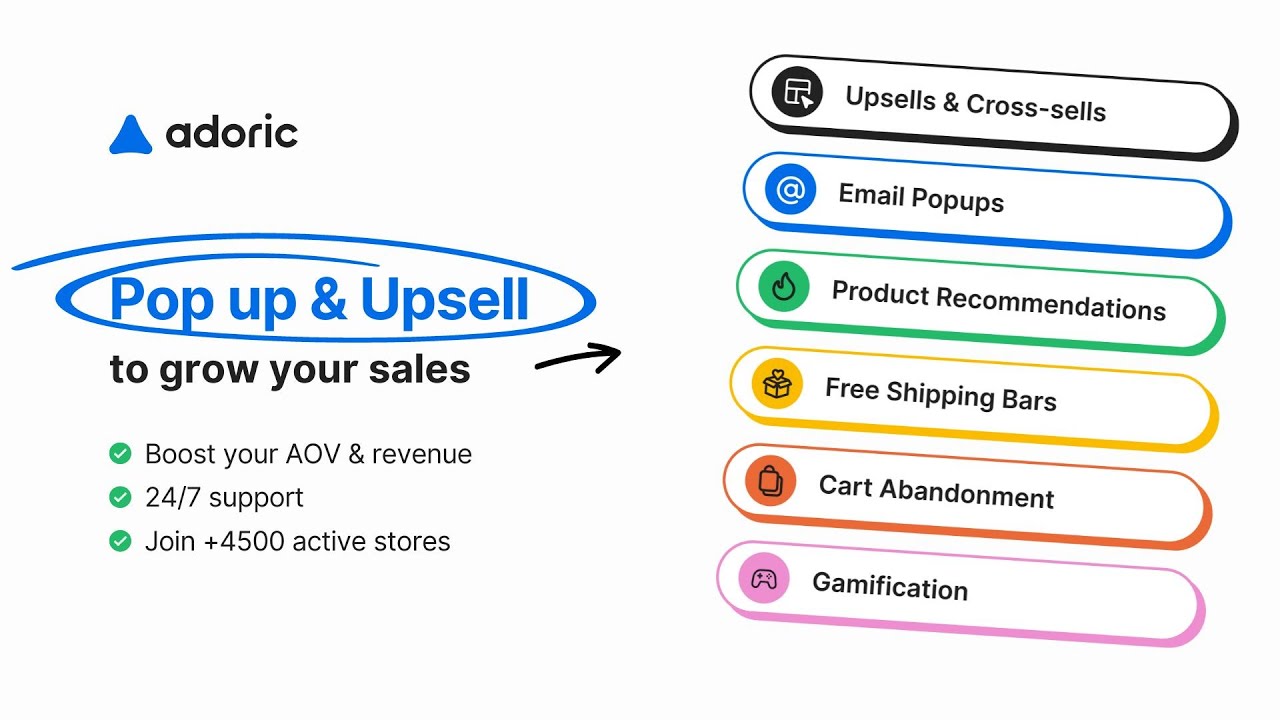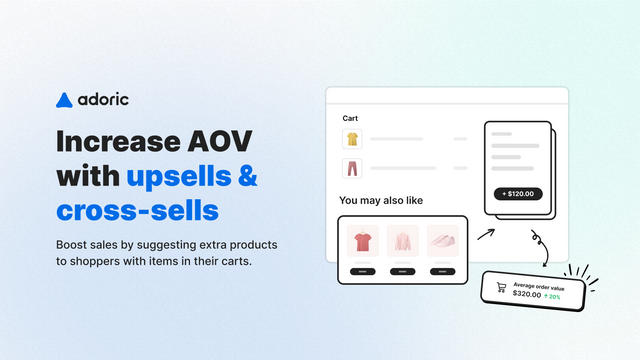In today's competitive online marketplace, ecommerce businesses are constantly looking for ways to maximize their return on investment (ROI). One effective strategy that has proven to be highly profitable is the use of pay-per-click (PPC) campaigns. Understanding the basics of PPC campaigns is essential for ecommerce businesses looking to increase their online visibility and drive targeted traffic to their websites.
Understanding the Basics of PPC Campaigns
Defining PPC and its Importance in Ecommerce
PPC, also known as paid search advertising, is an online advertising model where advertisers pay a fee each time their ad is clicked. It is a highly targeted form of advertising that allows businesses to display their ads on search engine results pages (SERPs) when users search for specific keywords relevant to their products or services.
For ecommerce businesses, PPC campaigns play a crucial role in driving quality traffic to their websites. By attracting users who are actively searching for their products, these businesses have the opportunity to convert these potential customers into actual buyers, maximizing their sales and ROI.
But how exactly do PPC campaigns work? Let's dive deeper into the mechanics behind this powerful advertising strategy.
How PPC Campaigns Work
PPC campaigns are based on an auction system, where advertisers bid on keywords or phrases that are relevant to their target audience. When a user enters a search query on a search engine, an automated auction is triggered, and the search engine determines the relevancy and quality of the ads competing for that keyword. The highest bidder gets their ad displayed prominently on the SERP.
However, winning the auction doesn't solely depend on the highest bid. Search engines also consider factors such as the quality and relevance of the ad, as well as the landing page experience offered to users. This helps ensure that users are presented with the most relevant and valuable ads, enhancing their overall search experience.
It's fascinating to see how PPC campaigns have evolved over the years. In the early days, advertisers would simply bid on keywords without much consideration for the user experience. But as search engines became more sophisticated, they started prioritizing ads that provided genuine value to users. This shift led to the development of ad quality metrics, such as click-through rates and landing page relevance, which are now integral to the success of PPC campaigns.
Moreover, the success of a PPC campaign doesn't solely rely on winning the auction and getting the ad displayed. It also requires careful monitoring and optimization. Advertisers need to constantly analyze the performance of their ads, making adjustments to maximize their return on investment. This involves refining keyword targeting, testing different ad variations, and optimizing landing pages to improve conversion rates.
As technology continues to advance, PPC campaigns are becoming more sophisticated. Machine learning algorithms are now being used to optimize bidding strategies and target the right audience with precision. Advertisers can leverage these advancements to reach their target customers effectively and efficiently.
In conclusion, PPC campaigns are a powerful tool for ecommerce businesses to drive quality traffic and maximize their sales. By understanding the mechanics behind PPC and staying up-to-date with the latest advancements, businesses can create successful campaigns that deliver tangible results.
Setting Up a Successful PPC Campaign
Choosing the Right Keywords for Your Campaign
One of the most critical aspects of a successful PPC campaign is selecting the right keywords. It's essential to research and identify the keywords that your target audience is using to search for products or services similar to yours. Tools like Google Keyword Planner can assist in determining the search volume and competition for keywords.
But did you know that keyword research goes beyond just finding popular terms? It's also important to consider the intent behind those keywords. Understanding the intent can help you tailor your ad copy and landing page to better meet the needs of your potential customers. For example, if someone is searching for "best running shoes for marathon training," they are likely in the research phase and may respond better to informative content rather than a direct sales pitch.
Additionally, utilizing long-tail keywords, which are more specific phrases, can help drive highly targeted traffic to your ecommerce website. These keywords often have less competition, lower cost-per-click (CPC), and higher conversion rates. For instance, instead of targeting the broad term "running shoes," you could focus on long-tail keywords like "trail running shoes for women with arch support." This approach allows you to reach a more specific audience who is more likely to convert into customers.
Creating Effective Ad Copies
Your ad copy plays a crucial role in capturing the attention of potential customers. It should be concise, compelling, and tailored to resonate with your target audience. Highlight the unique selling points of your products or services, such as discounts, free shipping, or exclusive offers. Including a strong call-to-action (CTA) encourages users to click on your ad and visit your website.
However, crafting effective ad copies is not a one-time task. It requires continuous testing and optimization. Split testing different variations of ad copies can help identify the highest-performing ones. By analyzing the data and metrics, you can refine your ad copies to maximize click-through rates (CTR) and improve the overall effectiveness of your PPC campaign. Remember, what works for one audience may not work for another, so it's essential to stay agile and adapt your ad copies based on the performance data.
Furthermore, consider the ad placement and formatting. Experimenting with different ad formats, such as text ads, image ads, or video ads, can help you determine which format resonates best with your target audience. Additionally, take advantage of ad extensions, such as sitelink extensions or call extensions, to provide additional information or options to potential customers right within the ad itself.
Landing Page Optimization for PPC
Your landing page is where users are directed after clicking on your ad. It is crucial to optimize your landing page to provide a seamless and relevant user experience. Align the content and design of your landing page with the ad copy that users clicked on, ensuring a cohesive message and consistent branding.
But what makes a landing page truly effective? In addition to visual appeal, it's essential to focus on the user's journey. Guide them towards the desired action by strategically placing elements like prominent call-to-action buttons, persuasive testimonials, and engaging product images. A well-designed landing page should also address any potential objections or concerns that users may have, building trust and credibility.
Make sure your landing page loads quickly and is mobile-friendly, as more and more users are browsing and shopping on their mobile devices. A slow-loading page or a page that is not optimized for mobile can lead to high bounce rates and missed opportunities. By prioritizing mobile optimization, you can ensure a seamless experience for all users, regardless of the device they are using.
Lastly, don't forget to track and analyze the performance of your landing page. Tools like Google Analytics can provide valuable insights into user behavior, allowing you to identify areas for improvement and optimize your landing page for better conversion rates.
Strategies to Maximize ROI on PPC Campaigns
Utilizing Bid Strategies
Bid strategies give you control over how much you're willing to pay for each click on your ad. Setting appropriate bid amounts based on the value and profitability of your products or services is crucial for maximizing your ROI. Experimenting with bidding strategies like manual bidding, automated bidding, or target return on ad spend (ROAS) can help optimize your campaign's performance.
Implementing Ad Extensions
Ad extensions are additional pieces of information that can be added to your ads to make them more informative and compelling. Examples of ad extensions include call extensions, which display a phone number for users to directly call your business, and site link extensions, which provide additional links to specific pages on your website. Utilizing these extensions can improve your ad's visibility and increase user engagement.
Leveraging Remarketing Techniques
Remarketing involves targeting users who have previously interacted with your website or ads. By presenting tailored ads to these users as they browse other websites or social media platforms, you can remind them of your products and encourage them to return to complete a purchase. Remarketing is an effective strategy for increasing conversions and maximizing the ROI of your PPC campaigns.
Measuring and Analyzing PPC Campaign Performance
Understanding Key PPC Metrics
Measuring the performance of your PPC campaigns is essential for identifying areas of improvement and achieving better ROI. Key metrics to track include click-through rate (CTR), conversion rate, average cost-per-click (CPC), and return on ad spend (ROAS). These metrics provide valuable insights into the effectiveness of your campaign and guide decision-making for future optimizations.
Using Analytics Tools for PPC
Analytics tools, such as Google Analytics, can provide in-depth data and analysis of your PPC campaigns. They enable you to track the behavior of users who clicked on your ads, measure the effectiveness of your landing pages, and segment your audience for better targeting. Utilizing these tools helps you make data-driven decisions, optimize your campaigns, and maximize your ROI.
Making Data-Driven Decisions for Campaign Improvement
Regularly analyzing the performance data of your PPC campaigns is crucial for ongoing improvement. Identify trends, uncover patterns, and make data-driven decisions on allocating your budget, adjusting your bidding strategies, or refining your targeting. Continuous optimization based on performance insights ensures that your campaigns stay relevant, successful, and deliver the maximum return on investment.
In conclusion, PPC campaigns offer ecommerce businesses an effective way to maximize their return on investment. Understanding the basics of PPC campaigns, setting up successful campaigns, implementing strategies to maximize ROI, and continuously measuring campaign performance are all crucial steps in achieving profitability and driving growth in the competitive world of ecommerce. By optimizing each aspect of your PPC campaigns, you can increase online visibility, attract targeted traffic, and convert potential customers into loyal buyers.Ready to elevate your Shopify store's performance with the right apps? Let Owlfred, your wise companion in the Shopify ecosystem, guide you to success. Discover innovative solutions to enhance your PPC campaigns and overall ecommerce strategy with OwlMix. Find your next Shopify app today and watch your business soar to new heights with our curated selection, tailored to your store's unique needs. Join the flock of successful store owners who trust OwlMix for their app discoveries!

